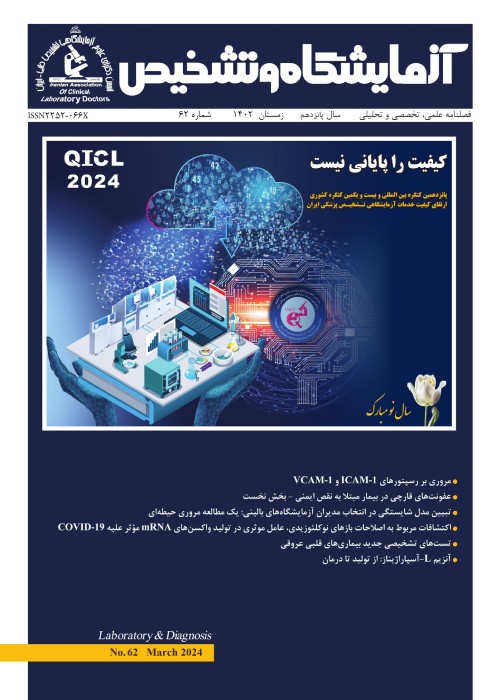The prevalence of adverse obstetric outcomes follow of an abnormal maternal serum AFP and NTDs screen positive group
Prenatal maternal serum AFP screening tests have some inherent false positive and false negative results. For NTDs Screening test (FTS) false positive rate (FPR) is about 1% and false negative rate (FNR) is 20%.
A false positive result encourages by Anomaly scan and invasive diagnostic procedures (that poses lots of stress on women, too), while a false negative result lead to a NTDs defect birth. So it is important to be informed about other conditions or disorders accompanied with abnormal serum marker levels or screen positive results.
The main goal of this study was evaluating the outcomes of pregnancy followed up a positive NTDs screening results.
Design and Methods:
A retrospective study of 131628 Iranian pregnant women who referred to the Nilou Laboratory from the beginning of March 2016 to the end of February 2017. 65% Of women were from Tehran and its suburbs and the rest were from 18 other provinces of Iran. The outcome of each pregnancy in 1412 in high risk group, 1892 in intermediate group and 4373 in low risk group was asked by calling the women (after their delivery). The number of screen positive cases, and all adverse obstetrics outcomes evaluated and documented.
The average maternal age of studied women was 28.7 years and 23.2% of women were 35 years or older. High risk cases for NTDs (with greater or equal risk to 1: 100) were 1.07% and patients in the intermediate group (risk between 1: 101 to 1: 150) had a prevalence of 1.47, and 97.5% of patients had normal AFP levels. Out of 1412 patients in the high-risk group, 571 had an adverse pregnancy outcome, indicating a prevalence of 0.43% of these disorders in the study population and a prevalence of 40.2% of these disorders in the high-risk group. The most common disorders were spotting, preterm delivery with birth of a baby weighing less than 2.5 kg and vaginal bleeding, respectively, and the lowest prevalence was related to achondroplasia.
In general, a positive maternal screening test result dose not necessarily mean that there is something wrong with the baby. It just means that further investigation should be performed for excluding maternal, fetal and /or placental causes for abnormal levels. The results of this study show that the prevalence of adverse pregnancy outcomes is high in the group with high AFP levels and increases the risk of these disorders 4 times in the high-risk group compared to the low-risk group, and therefore patients are better in this regard. They should be followed up and taken care of more during pregnancy.
- حق عضویت دریافتی صرف حمایت از نشریات عضو و نگهداری، تکمیل و توسعه مگیران میشود.
- پرداخت حق اشتراک و دانلود مقالات اجازه بازنشر آن در سایر رسانههای چاپی و دیجیتال را به کاربر نمیدهد.


